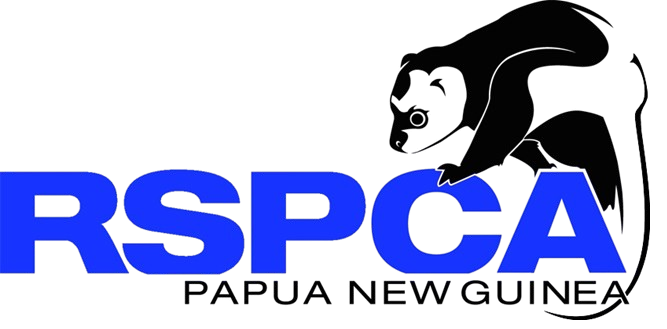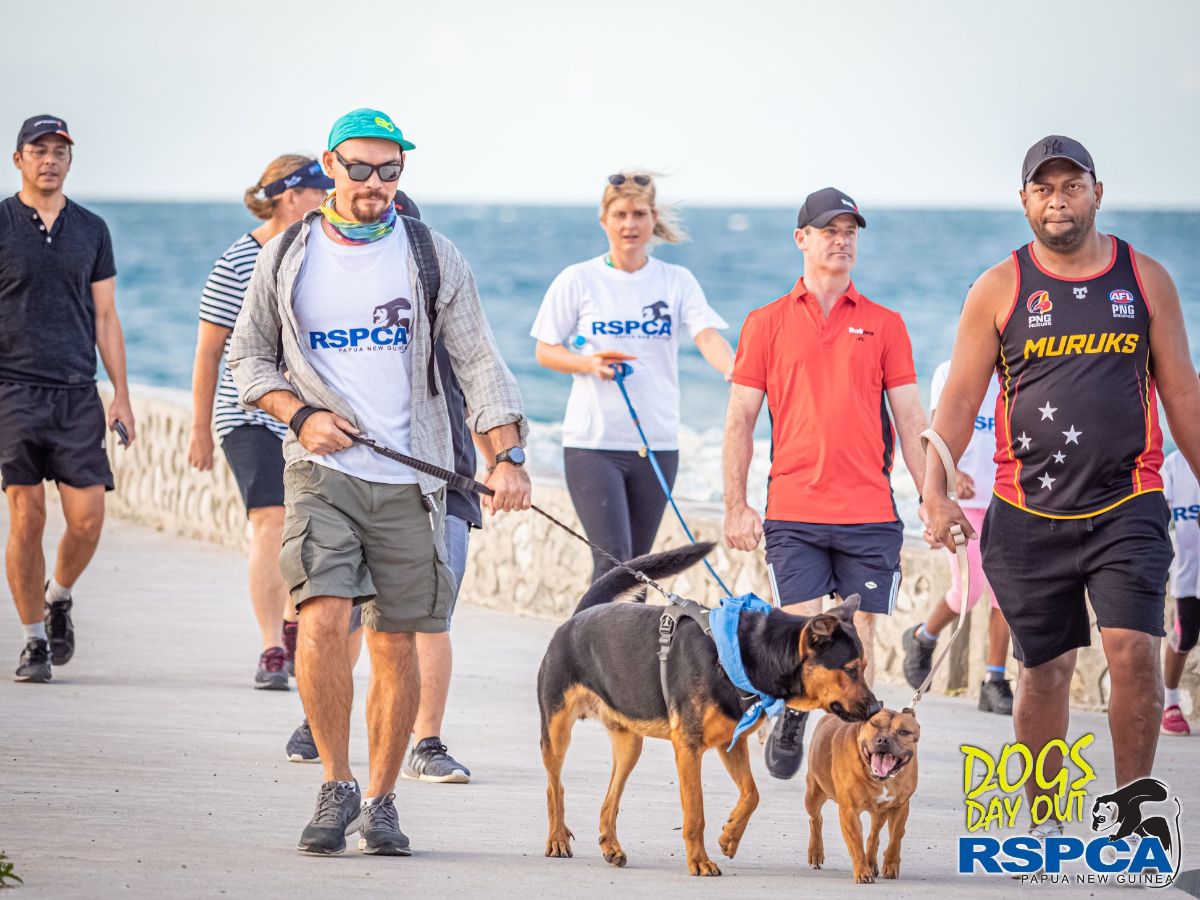
RSPCAPNG’s Humane Education Programme
Our Humane Education Programmes teach school-aged children about responsible pet ownership and wildlife conservation.
Each year our humane education programmes reach over 10,000 children. We currently have in place two lessons that we present to schools in the National Capital District.
Wantok’s story is designed for pre-school to elementary two aged children. It is a lesson that outlines the five basic freedoms for all animals:
- freedom from hunger and thirst;
- freedom from discomfort;
- freedom from pain, injury and disease;
- freedom to enjoy normal behaviour and
- freedom from fear and distress.
The lesson features our puppet ‘Wantok’ the dog and gets the students to participate in performing examples of these freedoms. Since the program was established in 2010 we have reached over 100,000 children within the nation’s capital.
Coco’s story is a lesson aimed at getting children to seriously think about wildlife conservation. It is targeted for grades 5, 6 and 7 students. We have also taught this lesson to vocational schools. The lesson follows the story of a baby cuscus, Coco, and the uncertainty he faces when he gets separated from his mother and is picked up by a hunter. Students are emotionally engaged to put themselves in Coco’s situation and then questioned on what would be the best outcome for him – where the hunter should sell him at the local market and return him to the forest. This lesson has also received positive feedback from the schools we have visited thus far.


